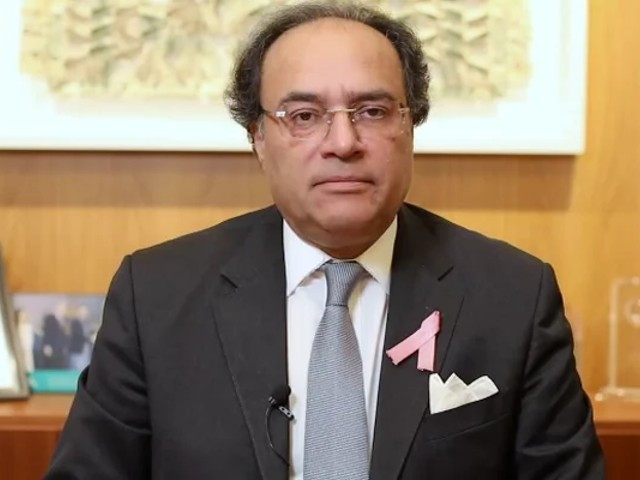Pakistan's Finance Minister Stresses Need for Tax Reforms and Private Sector Growth

Pakistan's Finance Minister Muhammad Aurangzeb has called for tax reforms and structural changes to drive economic growth, warning that the country's financial stability is still fragile. At the 10th Islamabad Literature Festival, the minister underscored the achievement of economic stability, including a stable currency, increased foreign exchange reserves, and reduced inflation. However, he emphasized that the government needs to do more to sustain growth.
Aurangzeb highlighted the government's success in achieving the International Monetary Fund (IMF) target of collecting Rs 10 billion in taxes from the first quarter of the current fiscal year. He also mentioned plans to issue Eurobonds next year and talks for the issuance of Panda bonds, aiming to reap the benefits of a population projected to reach 400-450 million people. The minister stressed the importance of digitization and reducing dependence on "speed money" in the private sector.
The Finance Minister acknowledged that Pakistan's revenue collection is around 9-10 percent of its GDP, which is not sustainable in the long term. He aims to increase this ratio to 13-13.5 percent and emphasized the need to harmonize provincial taxes to boost revenue collection. Aurangzeb also emphasized the importance of structural reforms to reduce the country's dependence on the IMF and ensure macroeconomic stability.
Pakistan's Finance Minister Muhammad Aurangzeb has made it clear that the country's economic growth relies heavily on the private sector, and he is urging it to take the lead in driving progress. While the government has made some headway in achieving economic stability, Aurangzeb's warnings about fragile financial stability and the need for tax reforms highlight the challenges ahead. As Pakistan looks to the future, the need for innovation, investment, and reform is more pressing than ever.